Well-being in the Early Years Nurturing healthy, happy, engaged, and successful students.
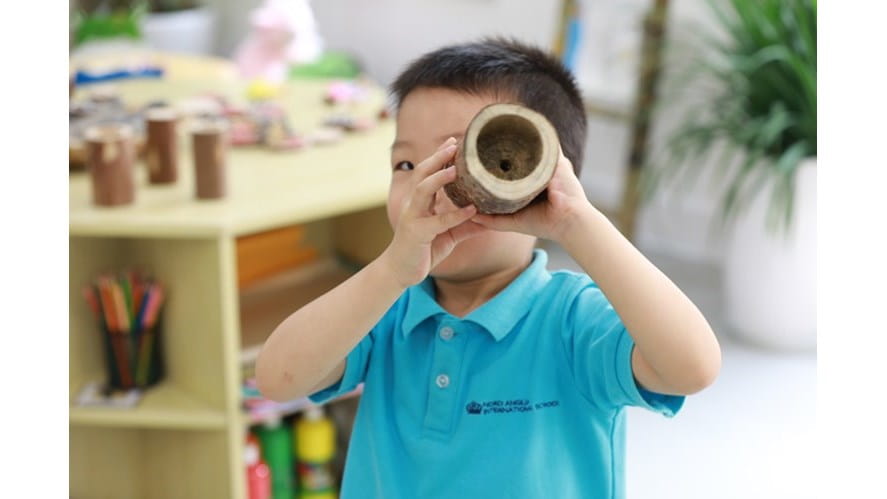
In education, student health and well-being is fundamental to successful student learning and development. At NAIS Pudong we recognise that thriving at school is determined as much by your well-being as it is by your academic ability. If you feel healthy and happy in yourself and in your environment then you are far more likely to be successful; be the best that you can be and reach your full potential.
In order for children to flourish academically, they must first have their basic needs met. They must have a healthy diet, plenty of rest, exercise, good personal hygiene and feel loved, secured and valued. Maslow's (1962) hierarchy of needs theory has made a major contribution to teaching and classroom management in schools. Maslow adopts a holistic approach to education and learning. Before a student's cognitive needs can be met, they must first fulfill their basic physiological needs. A tired and hungry student will find it difficult to focus on learning. Students need to feel emotionally and physically safe and accepted within the classroom to progress and reach their full potential.
Children’s well-being is without a doubt at the core of the Early Years Foundation Stage. The physical, personal, social, and emotional well-being of young children are highlighted as prime areas of learning. The prime areas are most essential for a child’s healthy development and future learning. They are the fundamental building blocks, enabling children to flourish and blossom in all other aspects of learning.
Dr. Laever (2015) describes well-being as “the beautiful stage in which children can be when they feel OK. They feel at ease. They radiate. They are open to anything that comes in.” Dr. Laevers says, “If we’ve got well-being, we’ve got a lot. It indicates for us that everything that has to do with the personal, social and emotional development of the child is going well.”
Play is essential for well-being. It is a time for children to think for themselves, reflect, be creative and use their imagination. At NAIS Pudong we plan for purposeful play opportunities that ensure children are appropriately challenged and that every child’s individual needs are met. Our child-centred, play based approach to learning enables children to make choices, explore for themselves, encourages enquiry and critical thinking, allows for child-led projects and involvement.
Well-being is optimised by a safe, supportive, and respectful learning environment. Our indoor and outdoor learning environments both provide opportunities for children to seek out challenges, take risks in their learning and have a go; whilst ensuring they feel confident, safe, and secure. We nurture a respect for one another and identify that children have differing needs and interests that must be valued and supported.
Every adult in a child’s life plays an active role in supporting well-being. Through high quality and meaningful interactions, adults can nurture healthy, happy, engaged and successful children. At NAIS Pudong, we work together in partnership with our families to promote children’s well-being and emotional development.
When well-being is at the core of everything you do, children thrive in all aspects of their development as they embark on their very own unique learning journey. Well-being in the Early Years provides children with the tools to be the best that they can be and reach their full potential. According to Dr. Laevers (2015), “high levels of both well-being and involvement allow children to experience deep learning. A happy, involved child is one who can experience the world at its fullest. They truly learn from those experiences.”
High levels of well-being enables learning. Without well-being, children cannot learn.

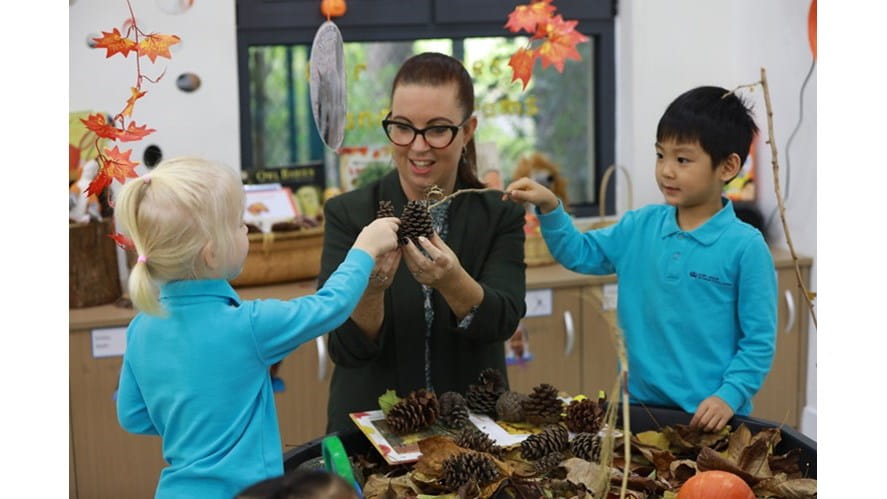
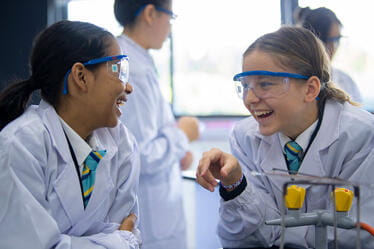

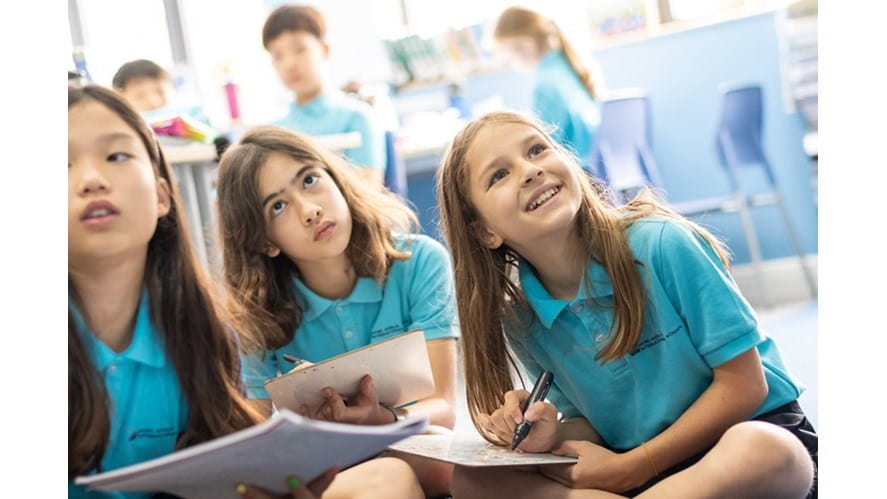
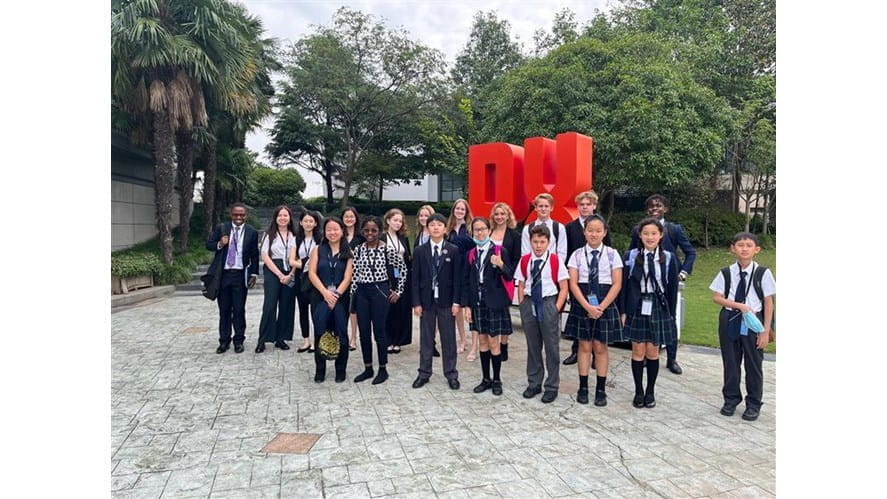
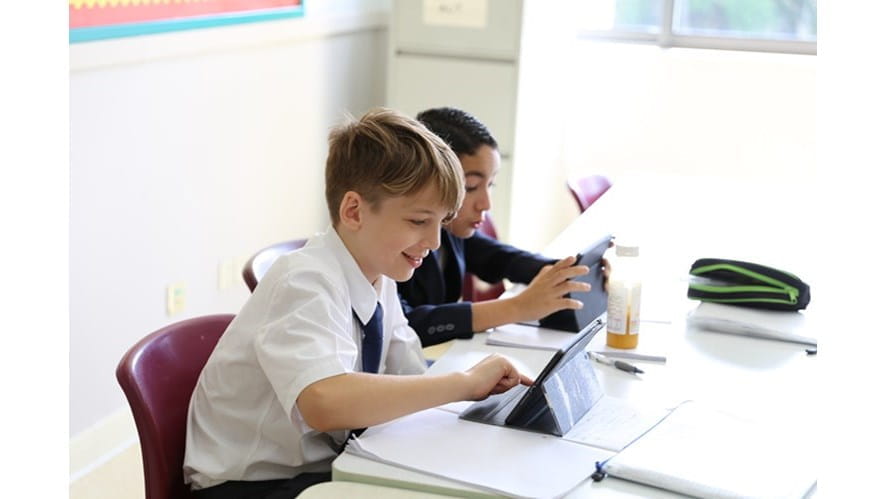
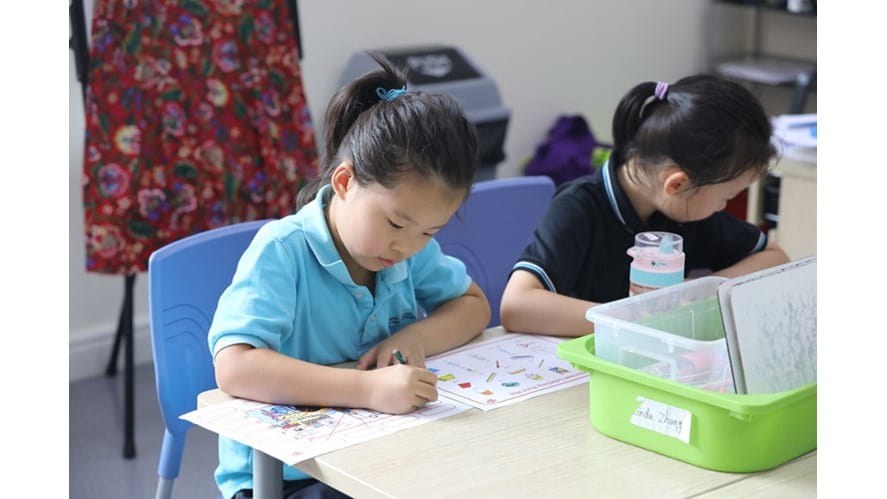
.jpg?rev=-1&hash=4B1ADA74AB0E829CB2ECEE6BEF89D006)